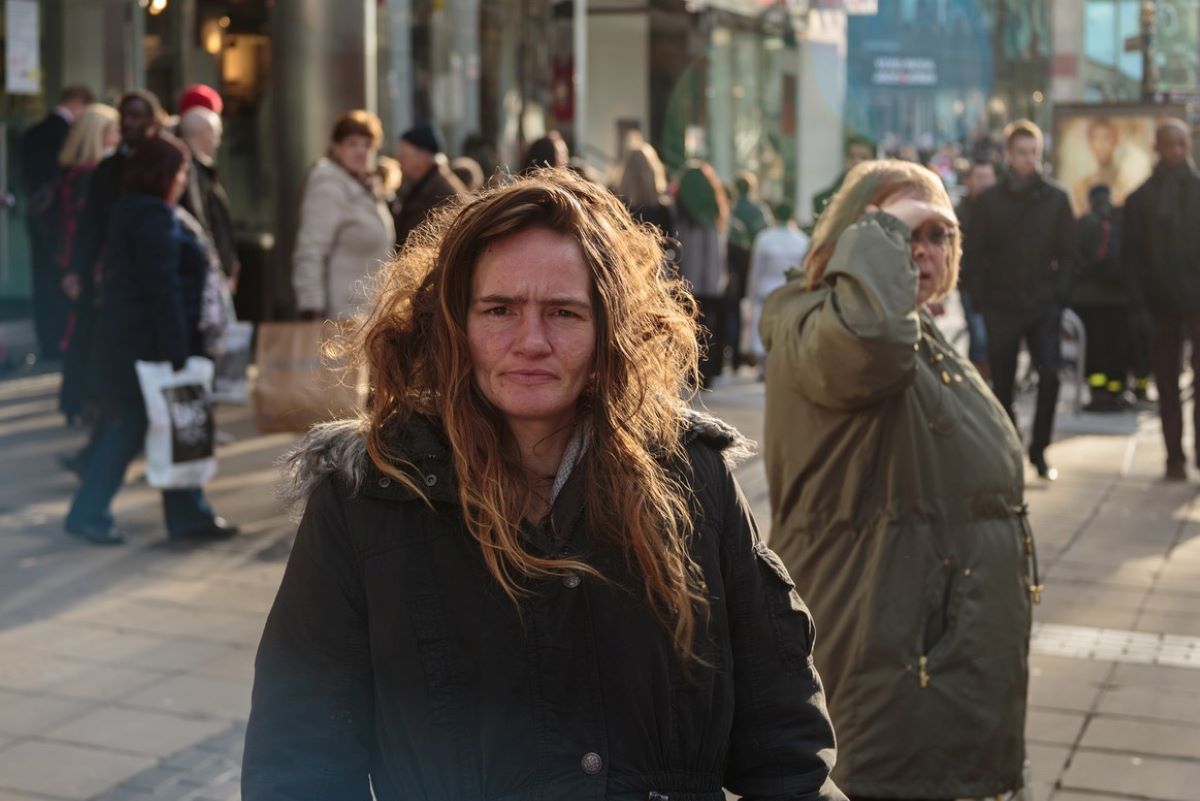In the UK, homelessness is defined as someone who doesn’t have a home. However, not everyone who is homeless lives literally on the streets. Some live in shelters, hostels, bed & breakfasts, or stay with family or friends. The definition also includes those who are living in an over-crowded space or their home is not suitable due to a disability or illness.
There are many reasons why people find themselves homeless. These can be split into two categories – social causes and life events.
Social Causes
Previously Housing Benefit supplied by the council (a group of appointed people directed by the Government to take care of areas within the country) has played a huge role in preventing people from losing their homes. However, according to the charity Crisis, the Government has reviewed and changed the Housing Benefit payment. Currently, the amount of money assigned for Housing Benefit no longer covers the total rent. People are therefore expected to pay the rest of the rent.
Unemployment
If someone loses their job through illness, redundancy or other circumstances, they are at risk of losing their accommodation as they are no longer able to contribute towards their rent.
People also claim benefits in order to pay living expenses. They are expected to meet certain agreements in order to receive their money, such as attending appointments. If individuals do not attend their appointment it will result in their payments ending. This is then conveyed to the council who will stop their housing benefit. The council will request that they prove that they have a new income before the Housing Benefit becomes reinstated. This can lead to homelessness as the person cannot afford to keep a roof over their heads whilst they seek employment.
Refugees
Asylum seekers and refugees can find sourcing accommodation difficult. They need to be granted permission to remain in the UK. They also need to be deemed a high priority case before long term housing is granted. For example, if a woman is pregnant or if they have dependent children. For those that don’t meet the criteria, this can lead to homelessness.
Life Events
Life events can often lead to people becoming homeless. When the right support isn’t in place to help people and families deal with extremely stressful and traumatic experiences, people can often find themselves unable to hold down employment, live independently and stay safe.
Foster Care
Transitioning from foster care at the age of 16 or 18 into independent living is a huge step. Often young people who have been in the Care System have witnessed and experienced emotional and physical abuse. Without the right support from organisations, Social Services and the council, young people can struggle with the pressures of living on their own. This stress, along with the trauma of their past, can lead to addictions and other harmful behaviours. Again, without support, this can lead to a young person suffering from mental and physical illnesses, out of employment and may end in the termination of their tenancy.
Mental and Physical Illness
Having a mental or physical illness can play a huge role in determining whether you are able to work and able to live independently. Living with depression, anxiety or other mental health disorders such as schizophrenia or bipolar can lead to individuals not being able to cope with paying their rent. Once homeless it is likely that the mental health condition will deteriorate. Without the right support in place, this will leave someone very vulnerable.
Addiction
An individual who is battling an addiction to alcohol, drugs or gambling may find themselves homeless. When faced with an addiction it’s a challenge to hold down a job. Losing work means the person can’t afford to pay their rent. If someone’s priority is an addiction, they may struggle to attend appointments to receive their benefits. This could lead to a suspension of Housing Benefit, resulting in homelessness.
Domestic Violence
Men and women can find themselves homeless due to experiencing domestic violence. If the relationship breaks down and one of them flees their home and is unable to rent or buy a property this then renders them homeless. They will need support from the council to find them and perhaps their children suitable accommodation.
Incarceration
While in prison someone may lose their home or may not be able to return once released. Being in prison can mean it’s difficult for someone to gain employment due to their criminal history. This can lead to homelessness if they are not able to work and contribute towards the rent as Housing Benefit only pays a proportion of the rent.
Armed Forces Discharge
Upon leaving the armed forces, an individual is no longer entitled to accommodation, possibly leaving them homeless. If they struggle to gain employment or suffer from mental health issues, this can prevent them from working. They can apply for council housing. However, there is no guarantee it will be granted as they are not seen as a priority.
Wrapping It Up
Once faced with any one of these situations, people can find themselves in financial difficulty. This is especially true when the right support isn’t in place. As a result, people seek accommodation in shelters, hostels, with friends and family or on the streets.
Governments and councils need to ensure better support and intervention is available. This will help people cope with significant life events and avoid becoming homeless. In addition, officials need to re-examine the payment of Housing Benefit to help people on a low income falling short of paying the rent whilst seeking employment.












